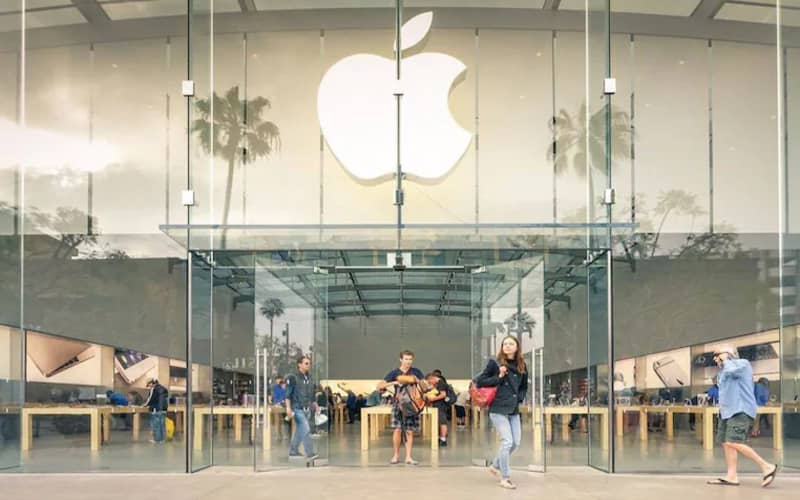We think the entire RTO issue is about the investment Apple has put into there facilities. Apple and other companies want to get full values out of their offices at the expense of what their employees want. Apple spent over 3 billion plus on their campus. So yes they want people to return to office because they need to get the value out of that investment. In the future companies will no longer build these extravagant facilities because they will barely have the head count to justify it.
Apple spent billions on these offices and is caught in a tough spot because now a sizable portion of the employee populace wants to WFH or have flexible work. But way back when Apple was trying to have the spaceship built in Cupertino, they made the standard promises to city officials that their office would bring more jobs, customers to shop at local businesses, and tax revenue. It’s hard to back out of those commitments.
Apple is caught in a tough spot between its employees, investors, real estate management department and local governments.
Why spend billions on a large commercial footprint when many tech companies push for fully remote work or hybrid remote work? Why not go for a hybrid or fully remote and reinvest that money in your employees, R&D, or share buybacks?
Also, Apple employees mentioned WFH and the diversity dividend. Most large companies are seeing their diversity hiring targets blown out of the water due to WFH. This is not being talked about. But companies that push for full remote or hybrid work will do more for diversity than other diversity hiring strategies in the past.
Finally, WFH leads to many positive externalities: less traffic, CO2 emissions, wear and tear on infrastructure, demand for expensive housing, etc. It seems like it solves a lot of large companies’ environmental and societal goals in one cost-effective move. But the question is: Is WFH palatable for internal corporate politics in older companies? That has yet to be seen. Newer companies are embracing it.
The research backing why on-premise work is better than WFH is questionable at best, almost as questionable as open office plans (cubicles for the pleebs while executives work in offices).

